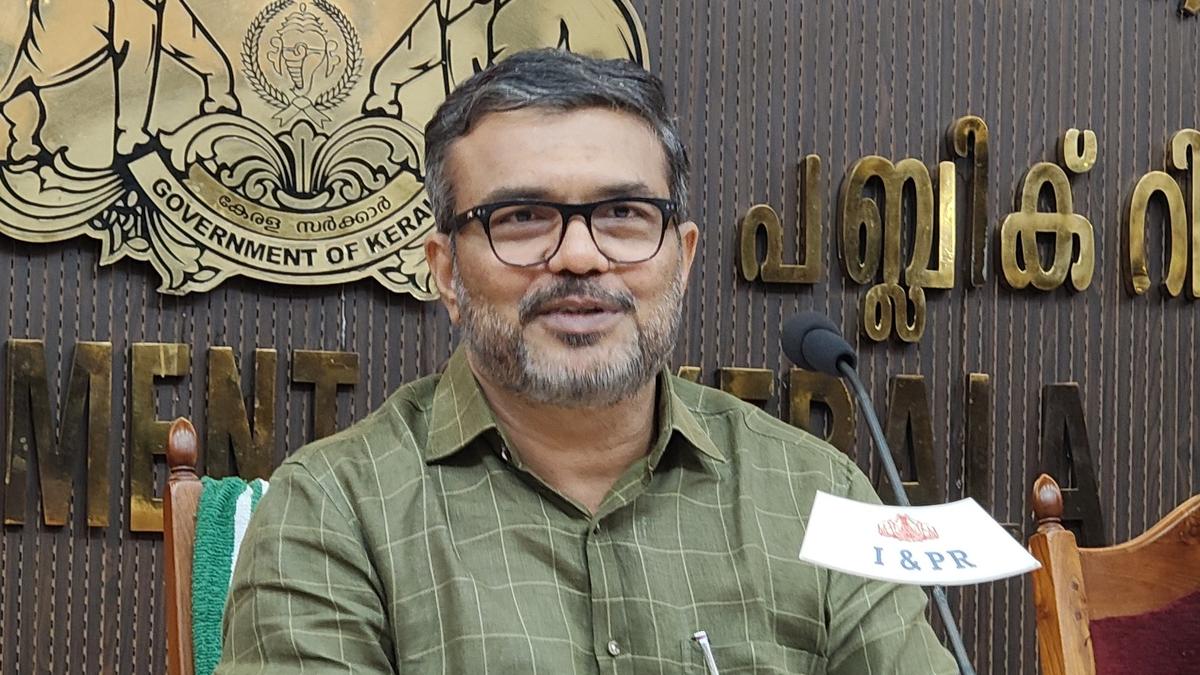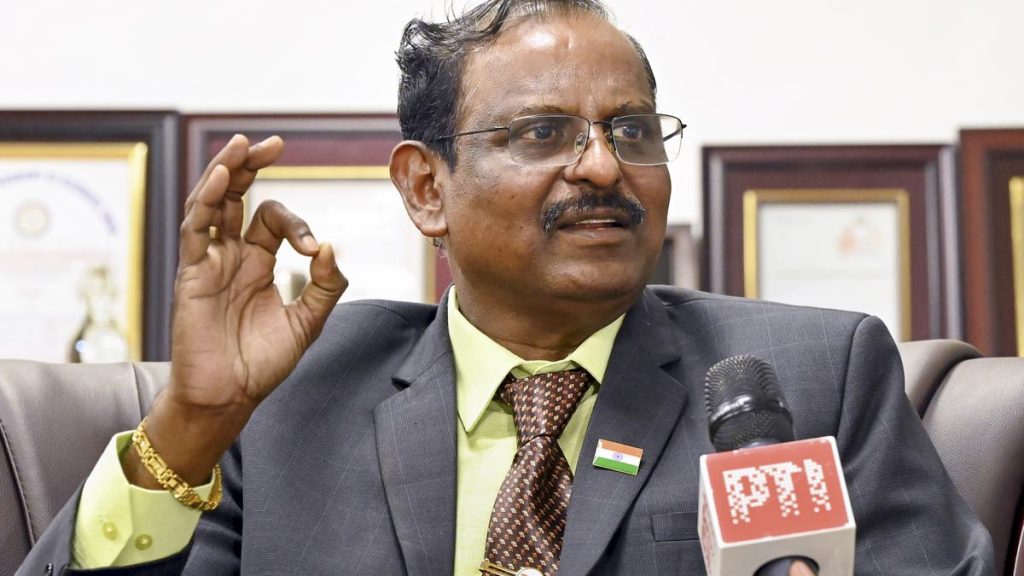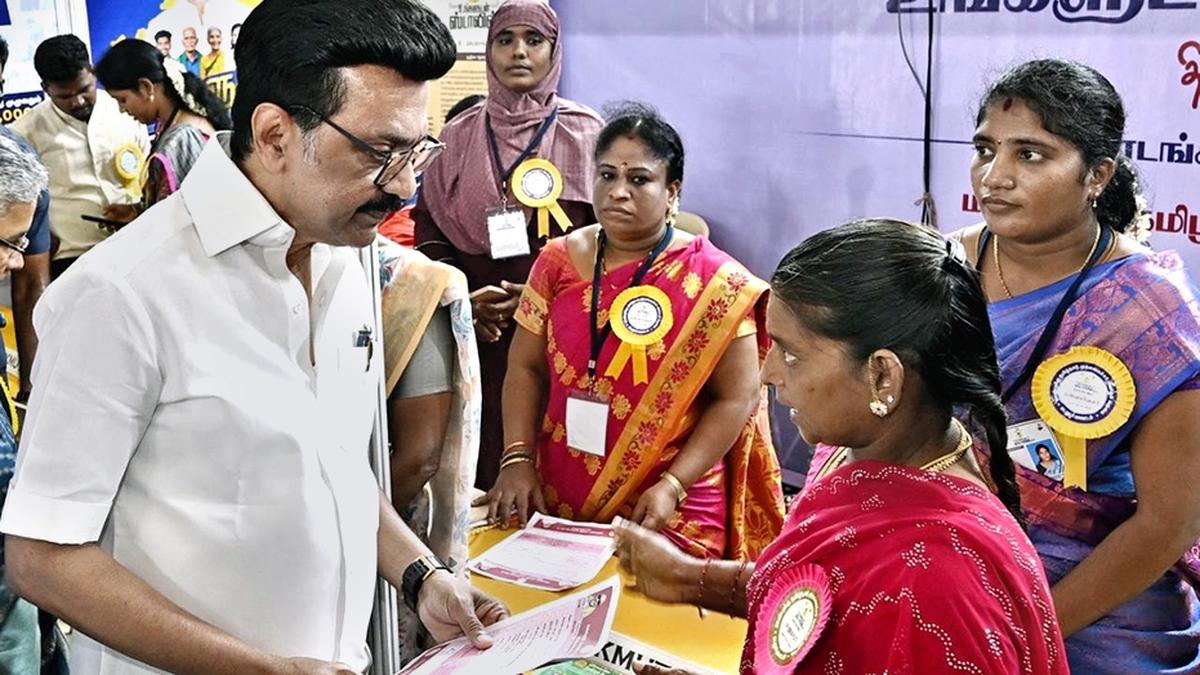Now Reading: Kerala Plans 17 Waste Processing Plants Within a Year
-
01
Kerala Plans 17 Waste Processing Plants Within a Year
Kerala Plans 17 Waste Processing Plants Within a Year

Quick Summary:
- Kerala Minister for local Self-Governments M.B. Rajesh announced plans to establish new waste processing plants over the next year.
- Six refuse-derived fuel (RDF) plants, four sanitary waste processing plants, and seven compressed biogas (CBG) plants will be set up to handle different types of waste.
- Four sanitary waste processing plants capable of handling 100 tonnes daily will address challenges in disposing of used sanitary pads and diapers.
- Land for the projects has been identified, and some work is already completed; previous plans were largely unsuccessful due to limited implementation by local bodies.
- Only 26.5% of households in Kerala have facilities for treating biodegradable waste on-site; the government may offer a 5% property tax reduction to incentivize such measures.
- Bharat Petroleum Corporation Limited (BPCL) is partnering on CBG plant projects; one plant in Kochi has been completed, with additional projects underway in Kochi and Thiruvananthapuram.
- an electronic waste collection drive starting in urban local bodies will expand statewide from September.
- Haritha Karma Sena will increase frequency of doorstep plastic waste collection; scholarships worth ₹1,500 each are being considered for 50,000 students involved in sanitation activities.
Indian Opinion Analysis:
Kerala’s complete plan reflects a proactive approach toward addressing its escalating waste management challenges caused by rapid urbanization. The multi-tiered strategy emphasizes both infrastructure development-such as fuel production from non-biodegradable refuse-and social behavior change through household incentives like tax reductions and student scholarships.
While only around a quarter of households currently manage their biodegradable garbage at source, initiatives like compressed biogas facilities aim to bridge this gap efficiently while collaborating with stakeholders like BPCL supports scaling these efforts sustainably.
Implementation is critical given past failures where limited participation from governing local bodies hindered progress-a challenge now addressed via large-scale state-backed coordination. Moreover, focusing on hard-to-dispose items such as diapers or pads could considerably improve quality-of-life outcomes for vulnerable groups such as caregivers or patients.
Expanded e-waste drives and active community involvement further ensure holistic coverage across diverse aspects of sanitation betterment in Kerala’s roadmap-as it aims not just for environmental sustainability but also upward mobility within rankings such swachh Survekshan nationally
























